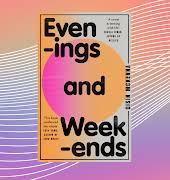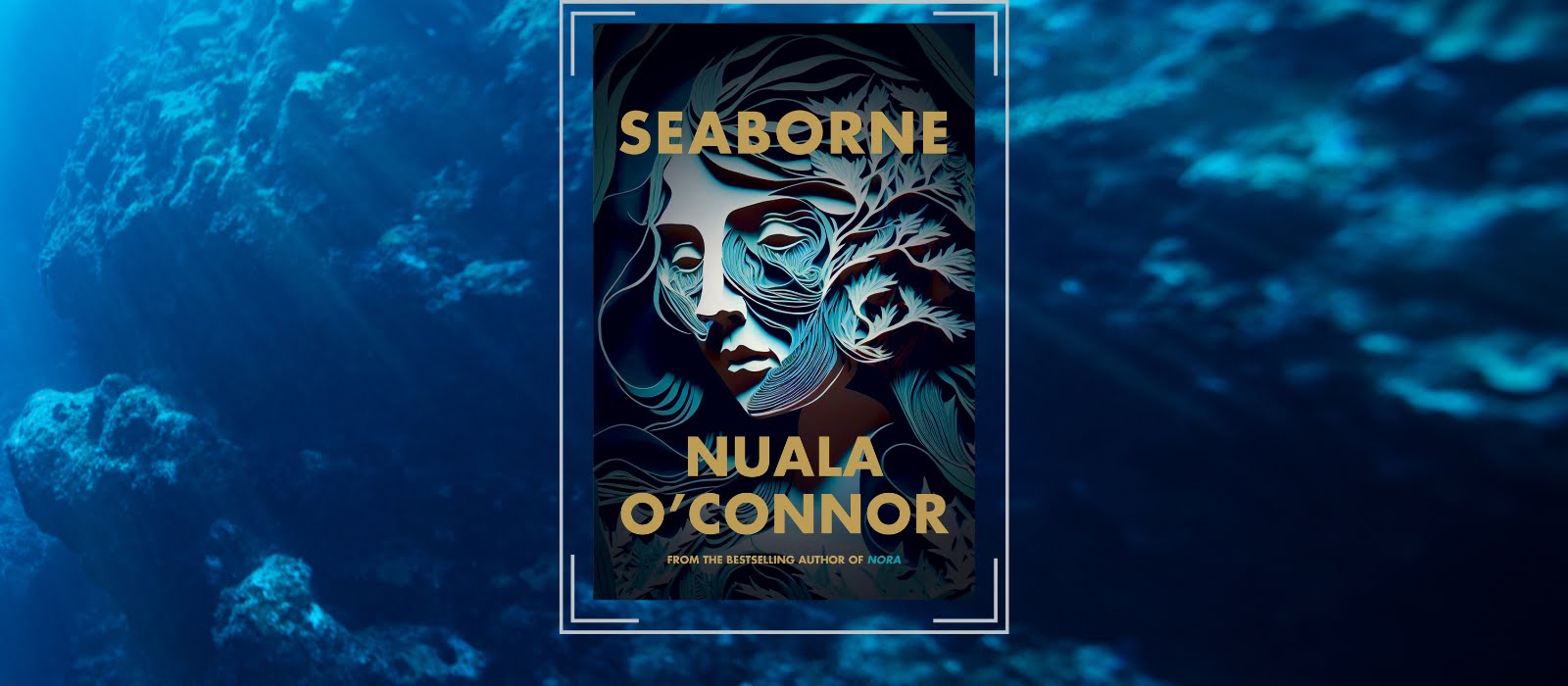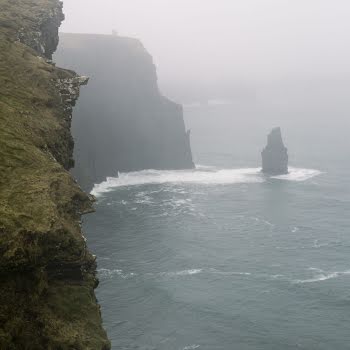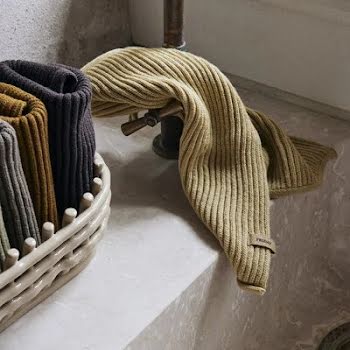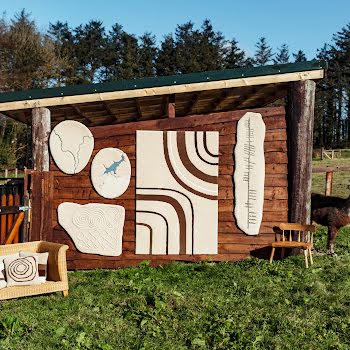
Read an extract from Nuala O’Connor’s new historical fiction, ‘Seaborne’
Award-winning Irish author Nuala O’Connor returns with an intimate portrayal of the life of 18th-century Irishwoman, Anne Bonney.
Galway author Nuala O’Connor—whose novel Nora was released in 2021 to huge acclaim—returns with another work of historical fiction, Seaborne.
The story tells the tale of Anne Bonney, a woman hell-bent on a journey of self-realisation. Novelty-seeking, contrary, stubborn and bisexual, she is neurodivergent, brave, and capable of deep and enduring love.
A thrilling and sensuous portrait of a young woman out of step with her time and place, but never her heart, Seaborne digs into the loss, frustration, and desires that steers Anne towards elopement, two marriages, pregnancies, violence, trial for piracy and legendary status.
Read on for an extract from Nuala O’Connor’s Seaborne below…

It’s 1703 in Kinsale and six-year-old, sea-obsessed Anne Coleman wants to learn to sail, and she doesn’t mind if a strange man she encounters on the beach teaches her.
The Sea Welcomes a Sailor
I slip out of the kitchen where Mother stands, gutting fish and humming low. Drudgery occupies her fully today, and I prefer to roam outside rather than help her, or recite my letters, as Father says I must.
‘Anne,’ Mother calls after me. ‘Anne!’
‘Yes, Mama?’ I shout back.
‘Do not swim alone, a leana.’
‘Hmm.’
‘Do you hear, girl? No water-ratting today, I forbid it. Anne! Do you hear me?’
‘I do,’ I answer.
I stick my nose to the big porthole window that watches over Bullens Bay. This is my father’s house and it commands the sea. Mother and I spend our days here, but most of our nights in our cottage, a mile inland. I look to the water, listen; Mother does not call again. I let myself out the back door and descend to trot Kilcolman Strand, my gaze feetward to find sea-drifted treasures – whelks, razors, piddocky stones. I stoop and grab an eardrum shell and, so snared am I in its examination, I do not notice the naomhóg until the hull hisses from water to sand, and the owner stows his oars and begins to pull the boat up the beach.
The man halts and frowns when he observes me. ‘Lad or lass?’ he shouts.
‘Lad,’ I reply, confident he will not contradict me though I wear petticoats yet, not breeches.
‘Name?’
‘Anthony.’ I pause. ‘Anthony Coleman.’
The man squints and his eyes grow blithe. ‘I know you,’ he says, ‘your father is that lawman.’ I want to say, And my mother is Mag Dineen, but I am not to talk about who I am, so I merely shrug. ‘You are rare small to be abroad alone, young Coleman.’
‘I am a full six years,’ I say.
He grins. ‘Six! Well, then. Almost a man.’
‘I should like a jaunt in your boat.’
The sailor snorts. ‘How you hand out commands!’ He glances up at the house. ‘Your father’s child, for certain.’ He grunts and continues to drag the naomhóg up the strand.
‘Please, sir!’ I say.
He stops, fiddles with his neckcloth, and looks again to the house above on the cliff.
‘A short skitter out to sea will surely not harm you, laddie.’ He puts his finger to his lips. ‘But tell no one.’
The boat is no bigger than a brewing-kettle and he sets me on the plank; the sailor sits beside me and slots the slender oars. He smells sour, like the men who gather outside the alehouse, but he may stink like turned milk for all I care, he means to take me to sea.
‘What is your name, sir?’
‘Fulford.’
‘And what is your naomhóg made from, Mister Fulford?’ I tap the hull with my foot.
‘Ox hide.’
‘What are these called?’ I put one hand to the sticks that line the boat like ribs.
‘The hoops.’
‘And are you from Kinsale, sir?’
He snorts. ‘You have a rattling tongue, young Coleman.’
Fulford begins to row alongside the shore. Dip-snap go the oars, dip-snap, dip-snap, an echoey, important sound. I move with him. He puts my hands to the oar beside me and uses his hand to guide me to follow him. Dip-snap, dip-snap. Naught but Fulford’s strength works my oar, truly, but I feel all the power of the sea in the drag of wood through water. Wind rucks my hair and my head prickles; my smile pastes itself on my mouth and stays there.
I want to ask more of Fulford, all about the sea, his boating life, the vessels he uses.
‘Are you—’ I begin.
‘Hush now, lad. Feel the boat, feel the water. Look. Listen. Feel.’
I nod and I swallow all my many questions about boats and sea-creatures and smugglers, and I let the naomhóg, the waves and the salt air possess me. Dip-snap, dip-snap, dip-snap, dip-snap. A rare contentment runs into my bones; I feel settled in a way that I am unaccustomed to.
I turn my head to Kilcolman Strand. I look up at Father’s house and hope Mother still guts fish or is occupied with other duties, and that Father still grumbles over writs and deeds. I do not want my parents to know I am with Fulford, careening along the sea, for if they observe me here, they will snatch me back to the stupidity of dry land.
Father, of course, hears of my row-out for he has eyes all about, it seems. But far from castigating me, he says I may sail with Fulford – take instruction from him – and, even better than that, he has him fashion me a tiny naomhóg of my very own.
Father lingers to watch Fulford’s tolerant guidance of me on the waters of Bullens Bay. Having little success with taming his own child, he admires the man’s ability to subdue me, and my acceptance of Fulford’s push against my desire to simply row away once the oars are in my fists.
‘You have the fortitude of Job,’ Father says to Fulford.
‘Father!’ I scold, not wanting my boating instructor to think ill of me.
‘I possess no thole for idiocy, young Coleman,’ Fulford says, ‘but impatience I fully understand. There is much to be said for being alive to the moment, for seizing it with great verve.’
I grin, grip my oars as I have been shown, and row the length of the bay, zealous impatience driving me on, while the sea welcomes me as a sailor.
‘Seaborne’ by Nuala O’Connor (€16.95) is on sale now.
Image of Nuala O’Connor courtesy of Una O’Connor.










